15 Unusual US Social Norms For Foreigners
15 Unusual US Social Norms For Foreigners
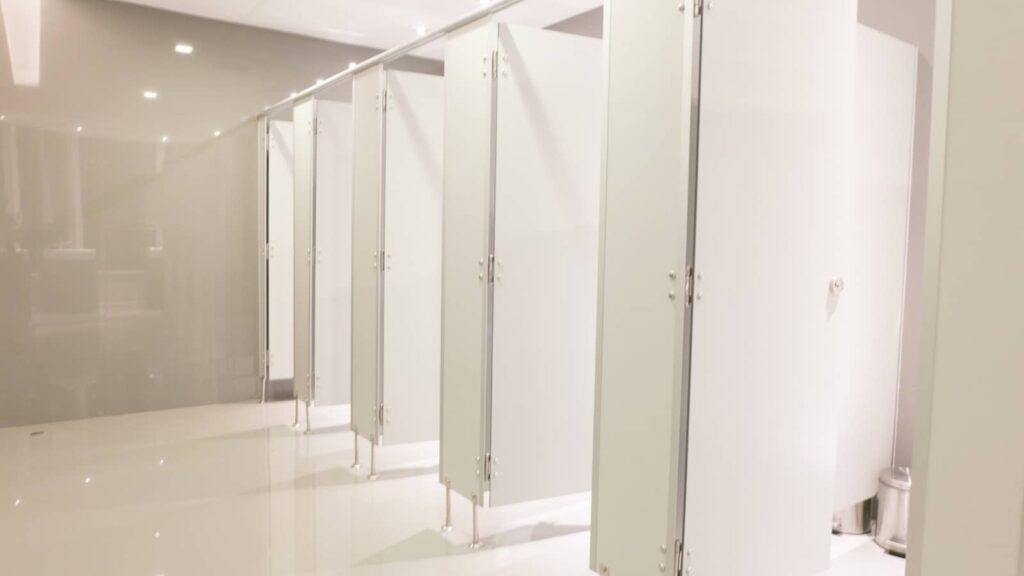
When you step into the United States, you might notice some social norms that seem quite unique compared to other parts of the world. From the way Americans engage in small talk with strangers to their casual dress codes and dog-friendly attitudes, these cultural traits can sometimes be surprising to visitors.
So here are 15 social norms that are quite common in the U.S. but might be unusual or even peculiar elsewhere. Each norm sheds light on the American way of life and how it differs from other cultural settings.
Small Talk

In the United States, striking up a conversation with a stranger while waiting for a bus, in line at a coffee shop, or even sharing a table in a crowded cafe is not unusual.
Americans view small talk as a friendly gesture and a way to connect with others, regardless of their background or relation. In contrast, in many other cultures, such casual exchanges might be reserved for familiar faces or might not take place at all, as they could be seen as intrusive or unnecessary.
Personal Questions

If you’re in the U.S., don’t be surprised if someone asks about your job or whether you’re married during a first encounter. In America, such personal inquiries are often part of routine conversation and are seen as a way to get to know someone quickly.
However, in many other parts of the world, these questions might be seen as too forward or private for casual discussions, especially with someone you’ve just met.
Smile at Strangers

Americans often smile at people they don’t know when passing them on the street, in hallways, or in stores. This gesture is intended as a friendly acknowledgment, a non-verbal “hello” if you will.
However, this behavior can be perceived as overly friendly or even insincere in countries where such interactions are not the norm.
Queueing

The U.S. is known for its strict adherence to queueing, with clear expectations that everyone will wait their turn. Whether it’s at a bus stop, in retail stores, or during food service, skipping the line is generally frowned upon and seen as highly disrespectful.
This rigid form of queueing is less common in places where pushing ahead might be more acceptable or where queues are less organized.
Over-Apologizing

In the U.S., saying “sorry” frequently is a part of everyday language, often used as a polite expression, even if the person apologizing is not at fault.
This frequent use of apologies can sometimes confuse visitors from cultures where apologies are reserved for when one has genuinely done something wrong.
Punctuality

Time is taken seriously in the U.S., and being punctual is considered a sign of respect. Arriving late might be interpreted as a lack of respect or poor time management.
In contrast, in many other cultures, time may be viewed more flexibly, and arriving a bit late does not carry the same negative connotation.
Personal Space
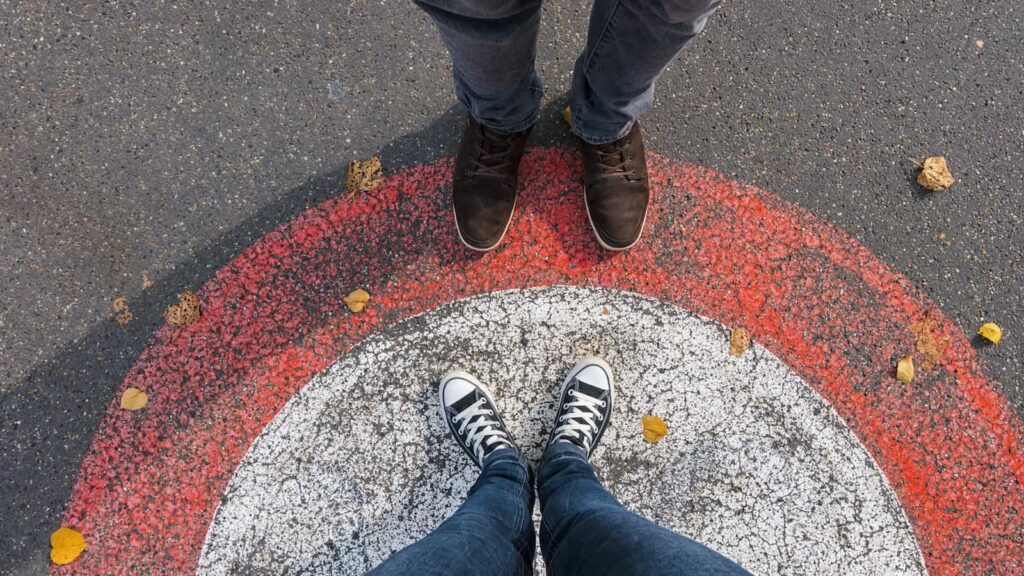
Americans generally value a considerable amount of personal space during social interactions. It’s common to observe people standing at least an arm’s length apart, even when having a casual conversation. In contrast, other cultures might be accustomed to closer physical proximity, which can lead to misunderstandings.
10 Unspoken Etiquette Rules Every American Should Know When Traveling Abroad
Casual Dress Codes

In American society, dressing casually is widely accepted in many situations where other cultures might require formal attire. For instance, it’s not uncommon to see people wearing jeans and t-shirts in offices or other professional settings, a practice that might seem too relaxed or inappropriate elsewhere.
Directness

In the U.S., being direct and to the point in communication is highly valued. Americans tend to appreciate straightforwardness in conversations as it’s seen as a way to convey thoughts efficiently and avoid misunderstandings. However, this can sometimes come off as blunt or rude in cultures where indirect communication is the norm.
Individualism

The emphasis on individualism is a cornerstone of American culture. The pursuit of personal goals and individual achievements is often prioritized over communal or collective successes.
This focus contrasts with cultures that might emphasize the importance of community and collective well-being over the individual’s desires.
Tipping
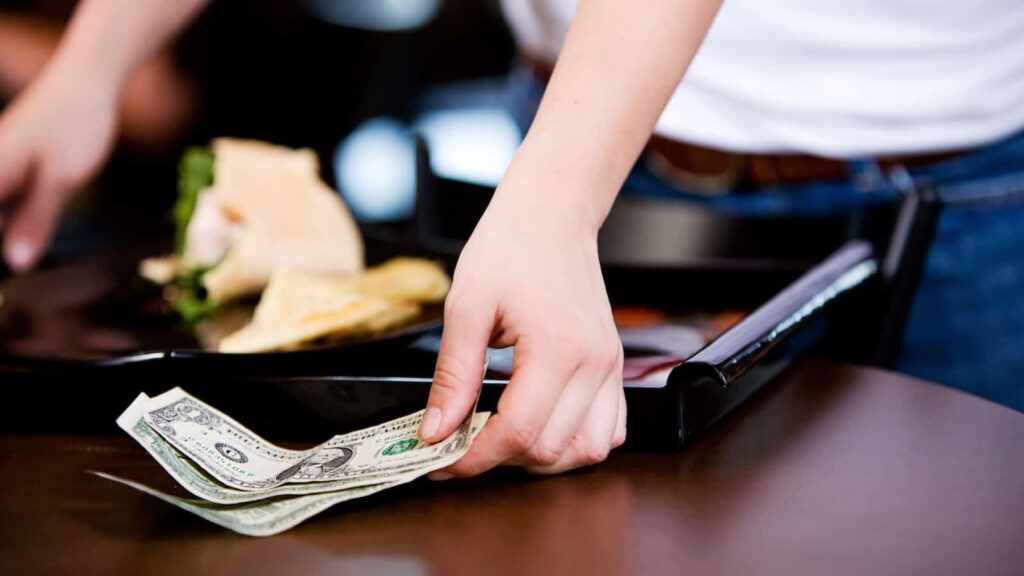
Tipping is a deeply ingrained practice in the U.S. for a variety of services, particularly in restaurants, hair salons, and taxis. It is seen as a necessary addition to acknowledge good service. This practice can be confusing for visitors from countries where tipping is not customary or is included in the service charge by default.
Sharing Personal Achievements

Americans are often open about discussing personal achievements and successes in various social settings. While meant to share joy and perhaps inspire others, this openness can sometimes be viewed as boasting by individuals from cultures where humility is more greatly valued.
Small Town Life: 15 Habits Americans Don’t Realize Are Weird For Foreigners
Informal Address
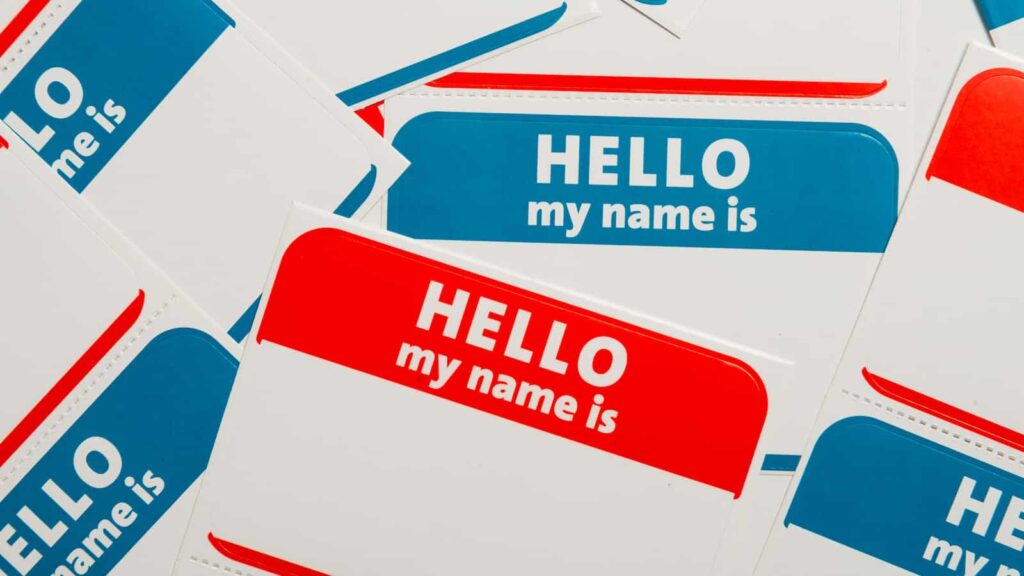
In the United States, it is common to address people by their first names, even during the initial meetings or when the person holds a position of authority. This practice reflects the American value of equality and informality but might seem disrespectful or too familiar in more hierarchical cultures.
Public Displays of Affection

Americans might be more comfortable with public displays of affection—such as kissing, hugging, or holding hands in public—compared to people from cultures that are more reserved about such expressions, especially in public settings.
Dog-Friendly Attitudes

In the U.S., dogs are often treated like part of the family, and bringing them to public places, including some stores and restaurants, is quite accepted. This dog-friendly attitude might seem unusual in places where pets are strictly kept at home or in specific pet-friendly areas.
These norms highlight how cultural contexts shape everyday behaviors and interactions, offering insight into the dynamic fabric of American society.
15 Weirdly Common Things Americans Suck At According To Foreigners

15 Weirdly Common Things Americans Suck At According To Foreigners
23 Things Americans Do Without Realizing How Weird They Are

23 Things Americans Do Without Realizing How Weird They Are
14 Europeans Things Americans Don’t Understand
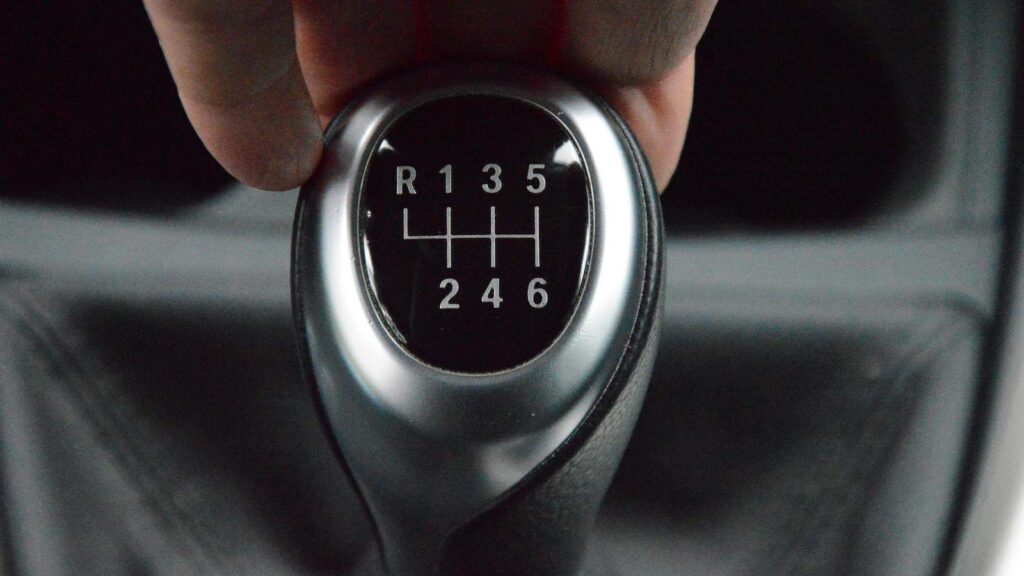
14 Europeans Things Americans Don’t Understand
We are Mary and Eric, the founders of Be Right Back, a blog dedicated to romance around the globe and at home.
We are Mary and Eric, the founders of Be Right Back, a blog dedicated to romance around the globe and at home. With over 10 years of experience in dating and traveling to romantic places, we share our favorite date ideas and romantic destinations to help couples level up their relationships. Having lived in and traveled through the USA, we also share our favourite things to do in the States.
With 70,000 monthly readers and 16,000 followers on social media, Be Right Back is your go-to resource for romantic trip ideas and couple activities at home and abroad.
